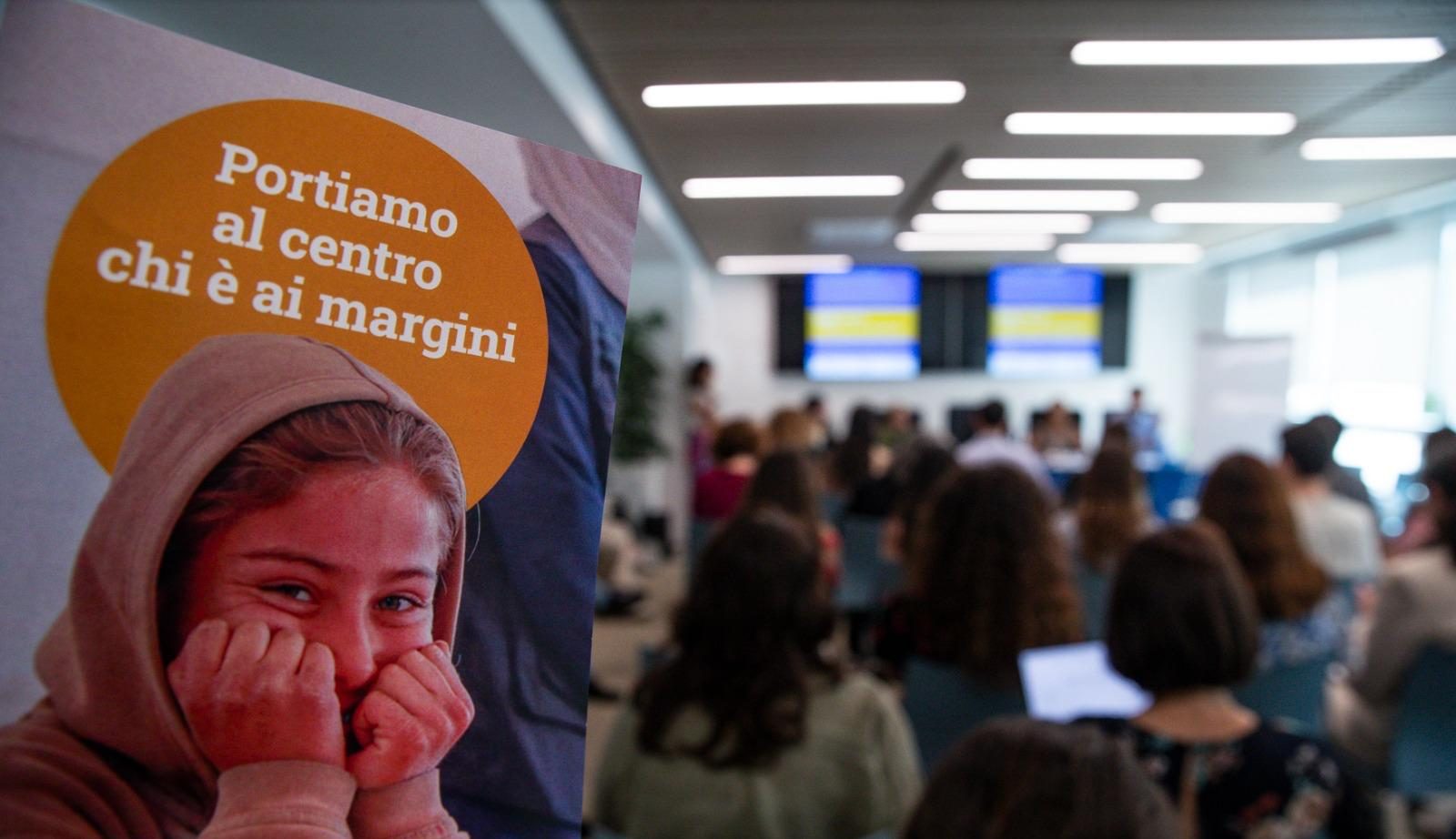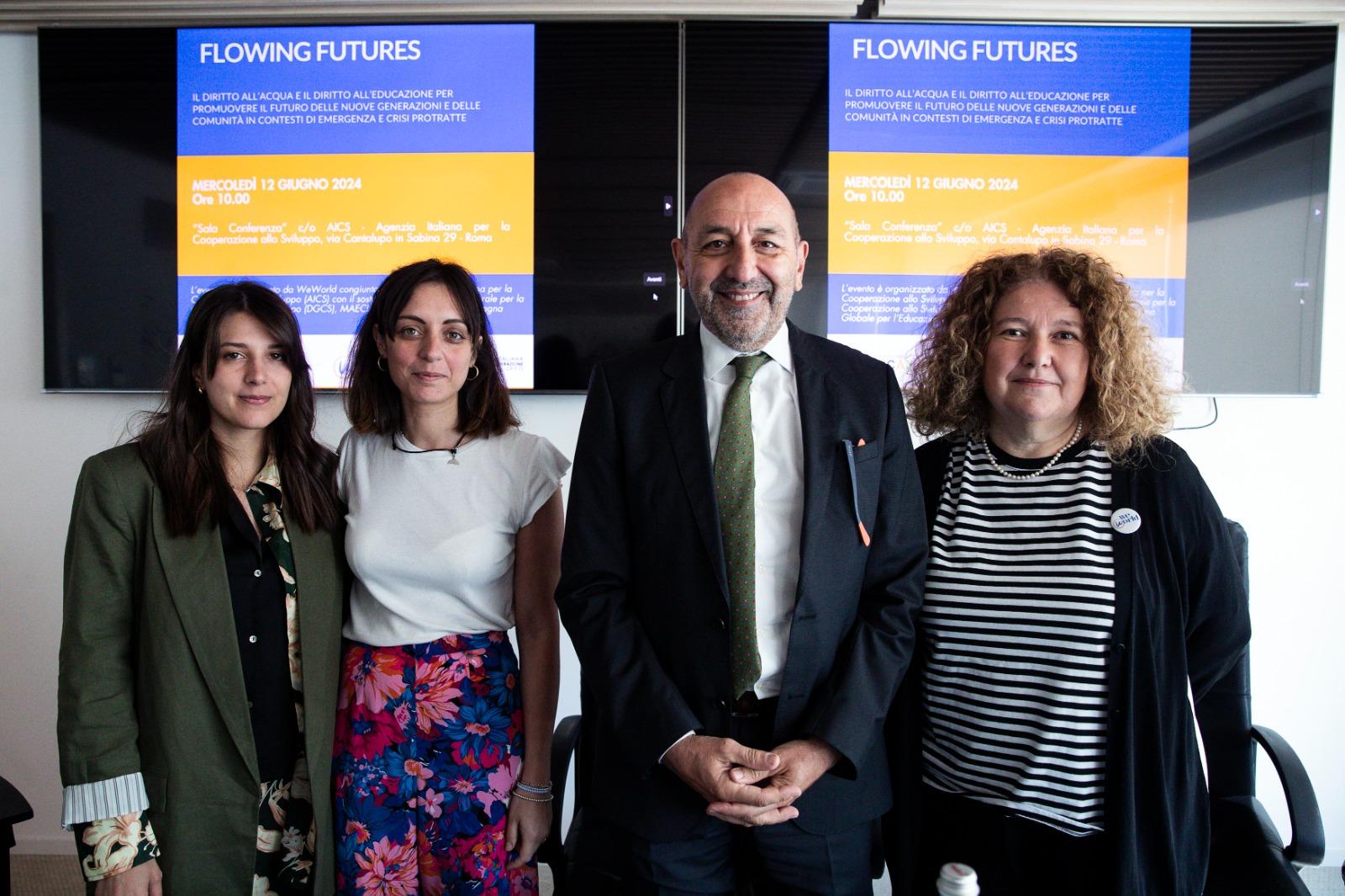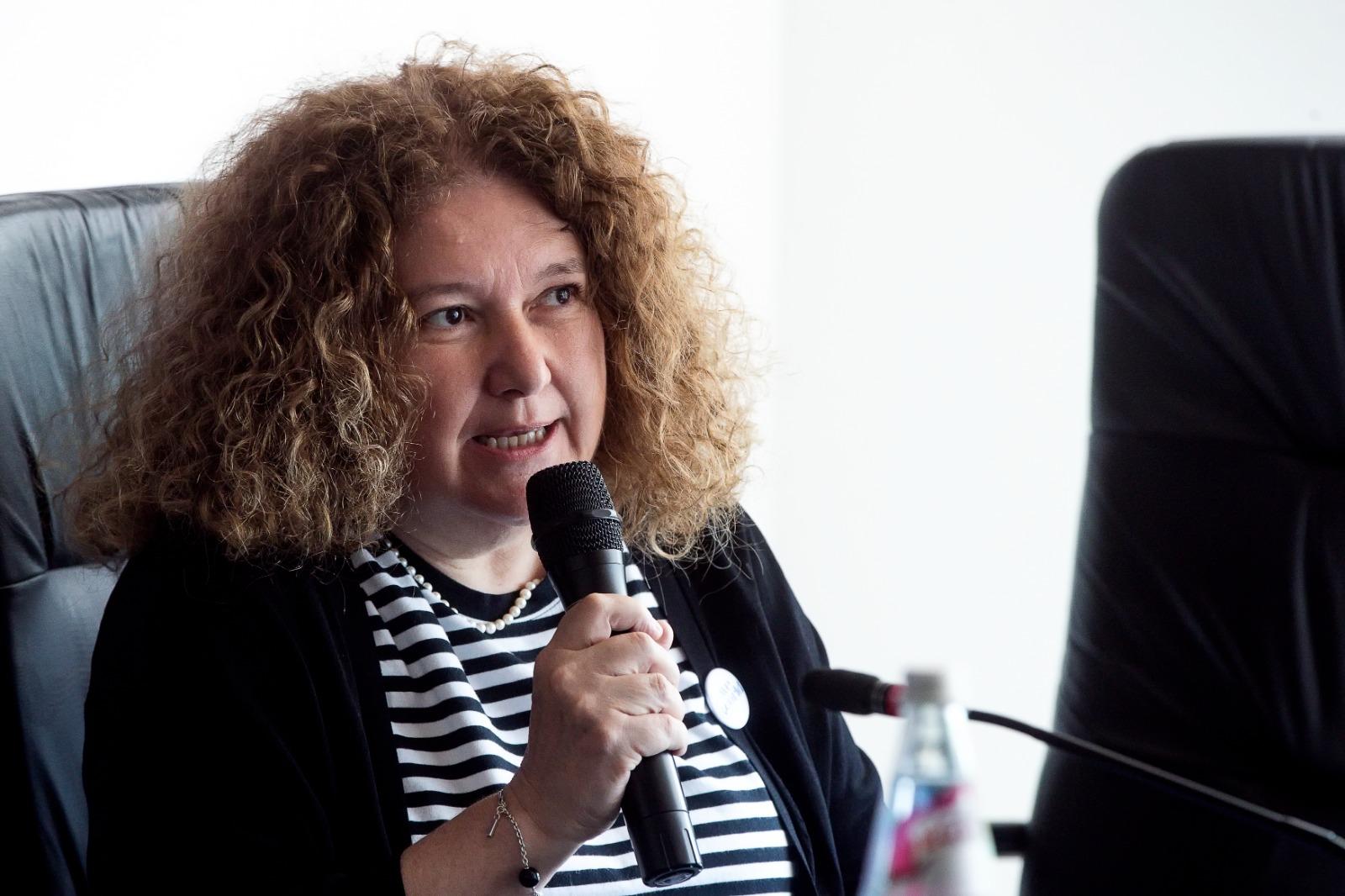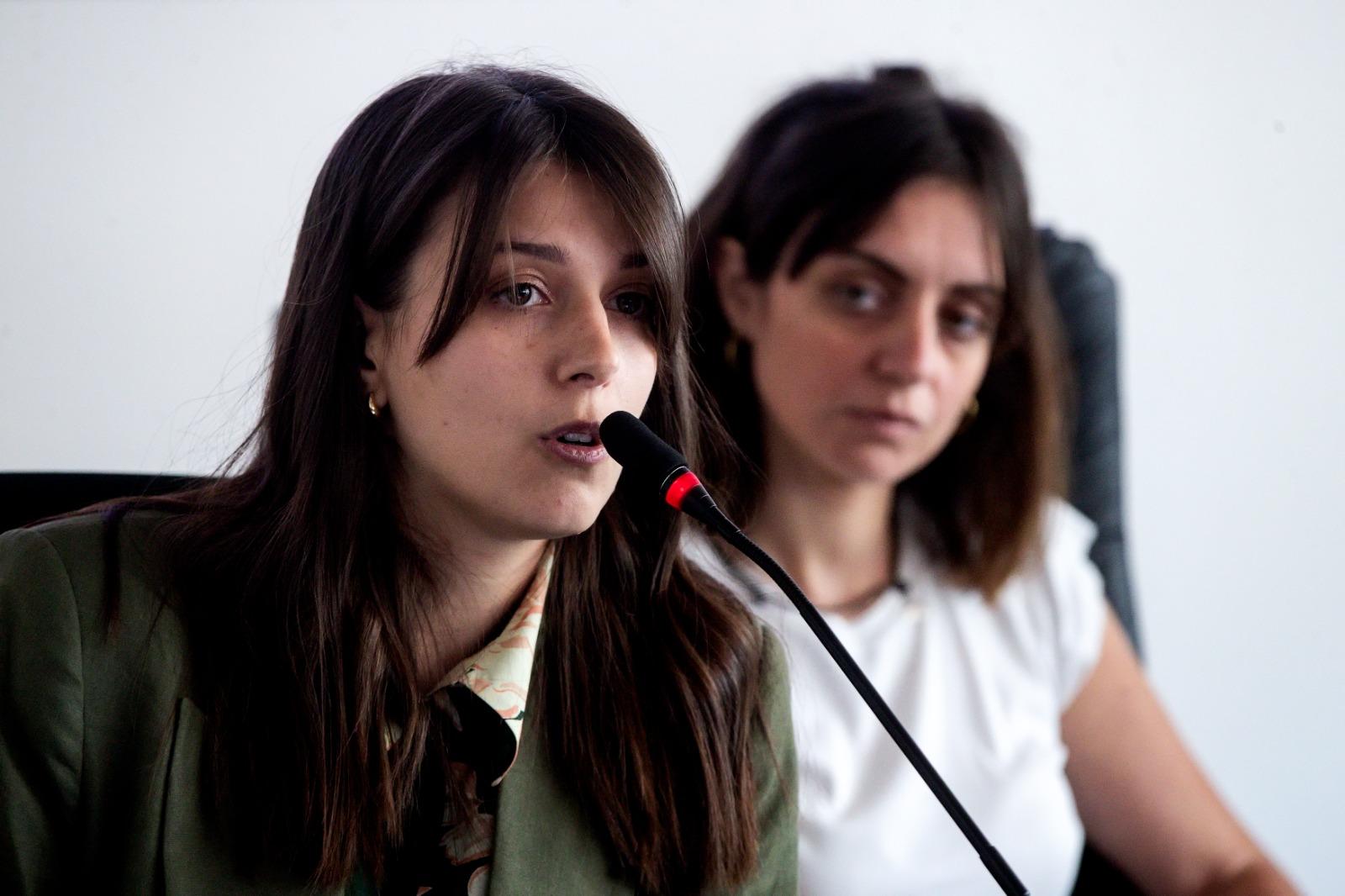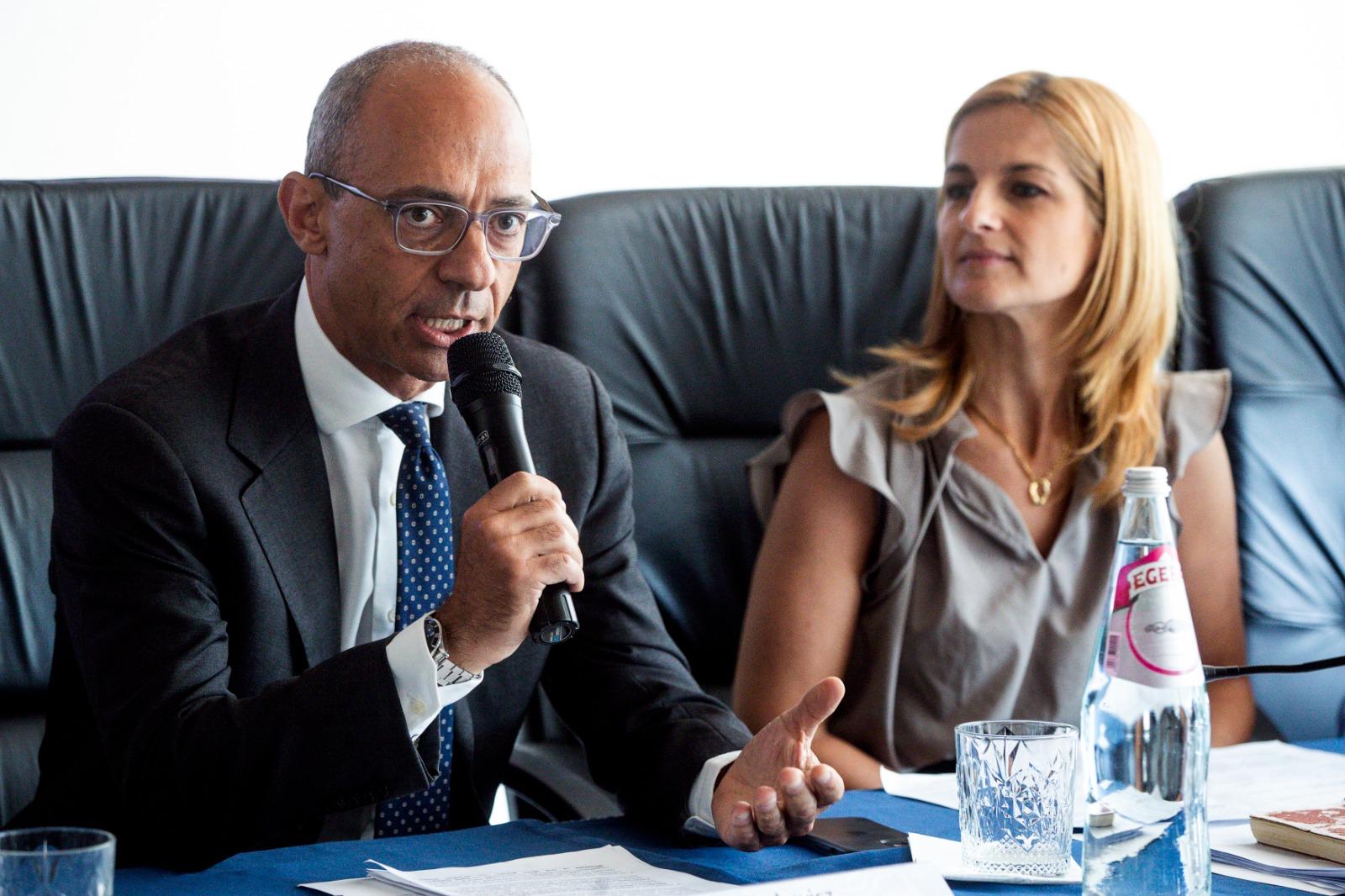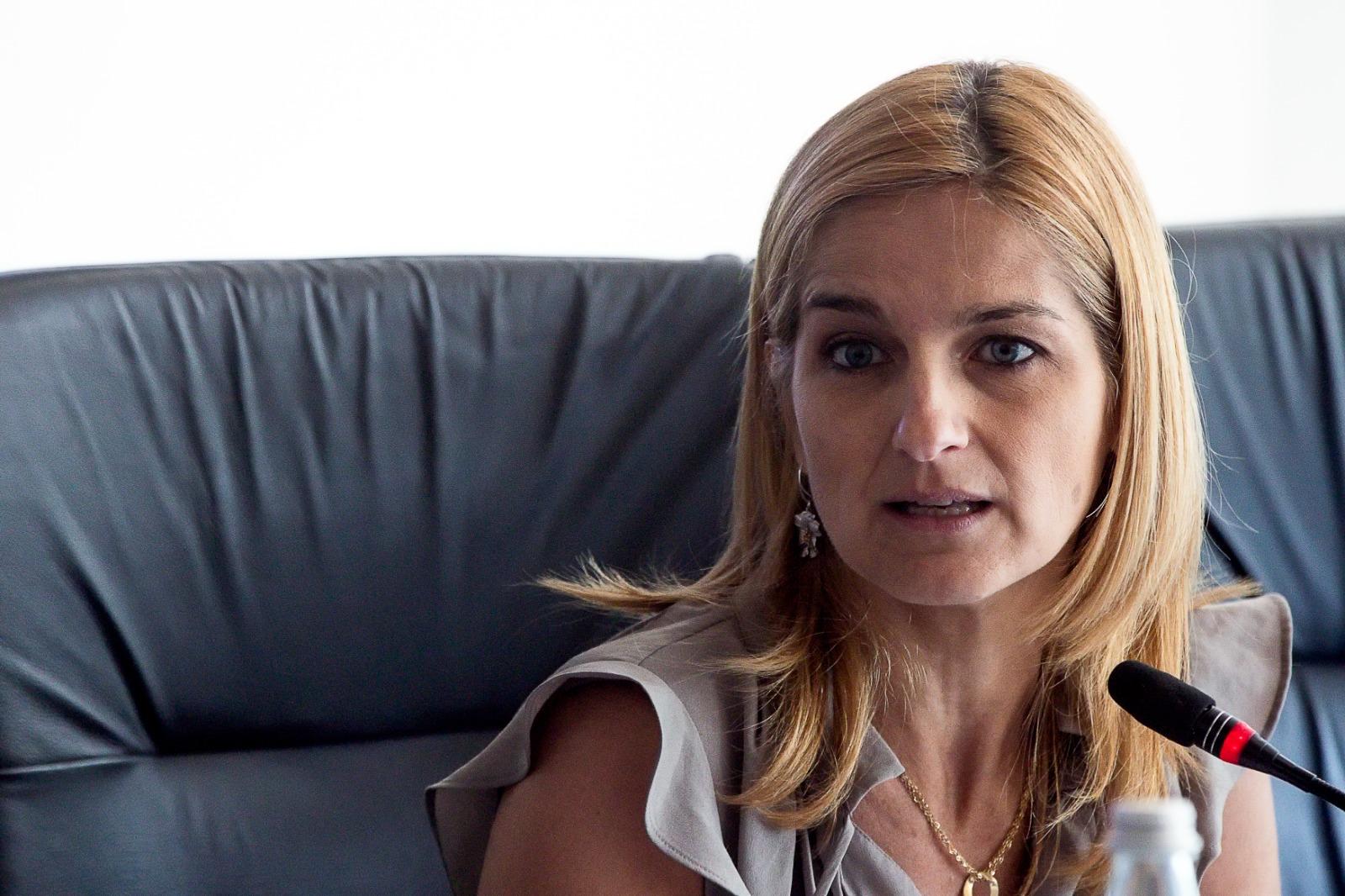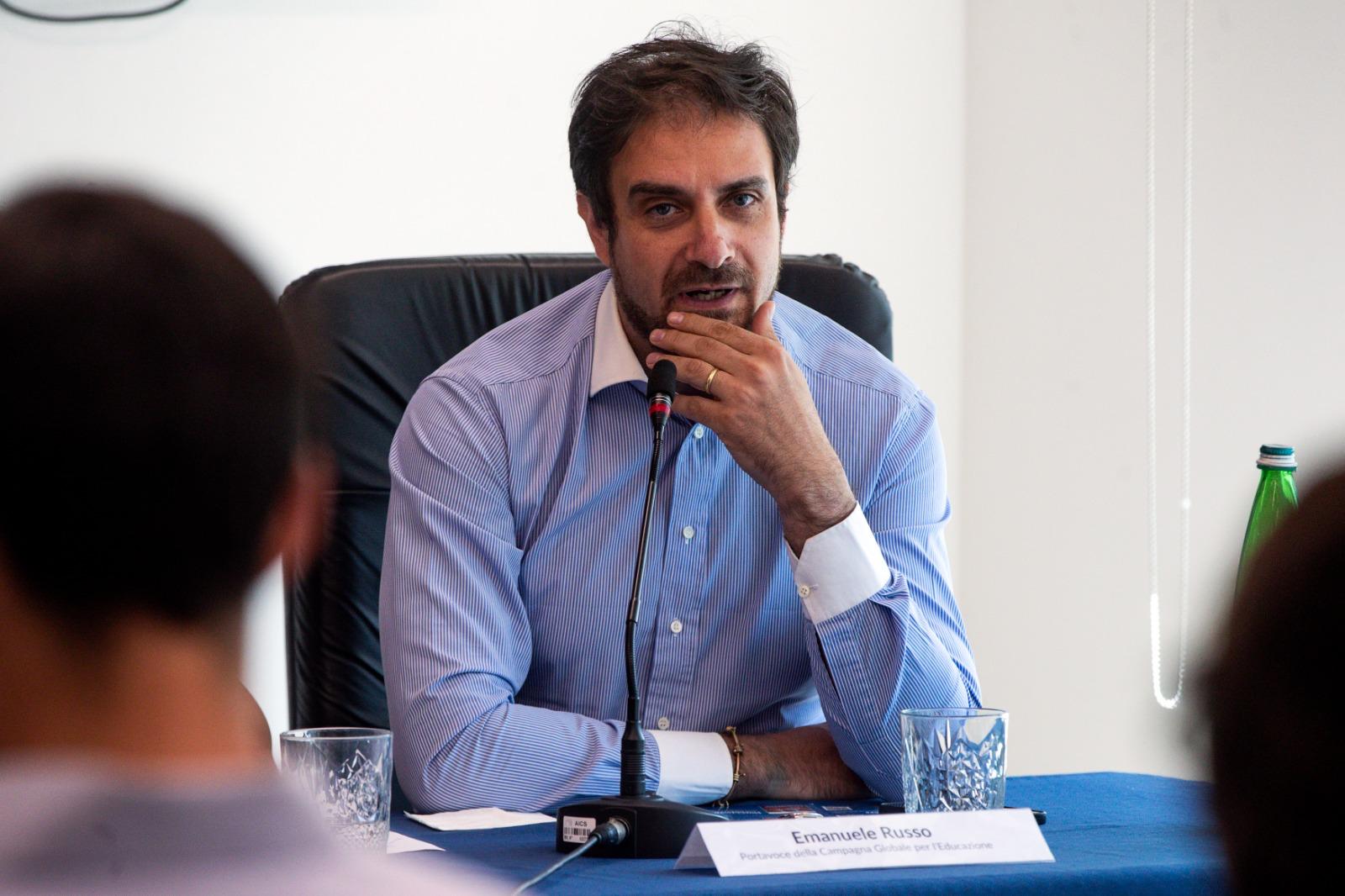More than 2 billion people around the world do not have access to safe, drinkable water. In water emergency contexts, the rights of boys and girls to health, education and development are seriously compromised by the lack of access to water and adequate sanitation facilities, increasing their exposure to violence, abuse and exploitation. Access to safe, drinkable water and adequate sanitation services is inextricably linked to education and schools represent key places not only for the provision of WASH (WAter, Sanitation and Hygiene) services, but also for the transmission of good practices hygienic.
Girls and boys spend much of their day at school, where safe, clean and gender-segregated WASH services can help improve their health and educational prospects, while protecting their dignity, particularly for girls and boys, who face barriers specifics related to menstrual hygiene.
The AICS headquarters in Rome hosted the presentation of Flowing Futures, the Atlas on access and availability of water at a global level and the consequences for human rights published by WeWorld, the independent Italian organization involved for more than 50 years with development cooperation and humanitarian aid projects.
The event was opened by greetings from Leonardo Carmenati, Deputy Technical Director, AICS, Dina Taddia, CEO, WeWorld and a video from Yasmine Sherif, Executive Director of Education Cannot Wait.
“Children need points of reference. Education can be one, therefore re-establishing an education system, where school is not just teaching and training but a place of protection, where further vulnerabilities can be identified and acted upon,” he said during his speech the Deputy Director of AICS Leonardo Carmenati.
The presentation of Flowing Futures, curated by Martina Albini, Head of the Study Center, WeWorld, followed a round table on multi-sector interventions in emergency contexts and protracted crises, always with a view to the right to water and education. The programme gave space to the voices and presentations of Fabio Sokolowicz, Head of the Unit for International Humanitarian Emergency Interventions of the DGCS, MAECI, Marta Collu, Focal point for gender equality and Officer of the Humanitarian Aid and Fragile States Unit, AICS, Emanuele Russo, Spokesperson for the Global Campaign for Education and Stefania Piccinelli, Head of WeWorld international programs.
“The guidelines also remind us of the importance of informal education starting from early childhood, too often overlooked but fundamental if we consider the fragility of boys and girls in the first years of life, when the need for hygiene, nutrition and care is very high. An important topic not only for the development and protection of girls and boys, but also because it is closely linked to the need to strengthen care services which fall disproportionately on mothers,” among the considerations proposed by Marta Collu, Focal point for gender equality and Humanitarian Aid and Fragile States Unit Officer, AICS.
The event, moderated by the Espresso journalist Chiara Sgreccia, was organized by WeWorld together with the Italian Agency for Development Cooperation (AICS) with the support of the General Directorate for Development Cooperation (DGCS) MAECI, and is promoted from the Global Campaign for Education.
